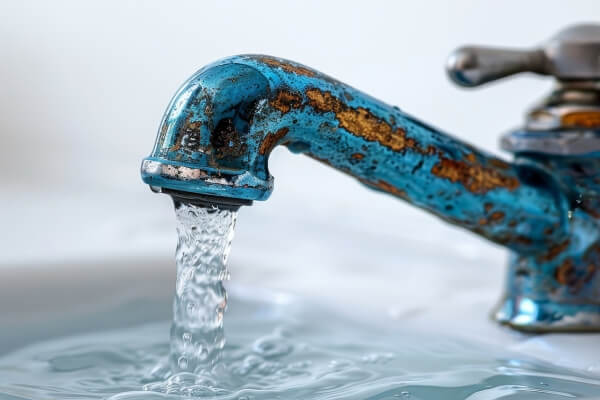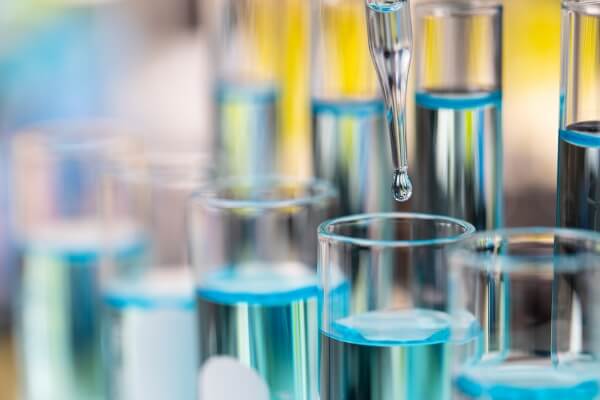Hard water contains a high concentration of minerals, mainly calcium and magnesium. It forms as rainwater seeps into the ground and passes through mineral-rich rocks like limestone and chalk, picking up these minerals along the way. Hard water often leaves behind noticeable residues, unlike soft water, which has fewer minerals.
Common signs of hard water include soap scum in your tub, cloudy spots on glassware, or crusty buildup on faucets. The mineral content of water varies depending on local geology, so some regions have harder water than others.
What Are the Causes of Hard Water

The primary cause of hard water is nature itself. When water moves through soil and rocks, it dissolves minerals, such as calcium and magnesium, which then mix with the groundwater. This is why areas with limestone or chalk deposits often have higher water hardness.
Human activities, such as agriculture and industry, can sometimes introduce additional minerals into the water supply. However, the presence of calcium and magnesium is usually due to the natural composition of the ground in a specific area.
Effects of Hard Water: What You Need to Know
So, why does it matter if you have hard water? It can have several effects on your household that range from minor inconveniences to more significant issues:
- Appliance Strain: Hard water minerals create scale in appliances, decreasing their efficiency and shortening their working life.
- Plumbing Issues: Over time, hard water builds up in pipes, causing clogs, slowing water flow, and potentially damaging the plumbing.
- Skin and Hair Problems: Hard water leaves a residue that makes skin dry and hair look dull after washing.
- Cleaning Struggles: Hard water causes soaps to be less effective, leaving dishes spotted, sinks filmy, and clothes feeling stiff.
Testing for Hard Water

Are you wondering if your water is hard? One simple test you can do at home is the “soap test.” Fill a water bottle halfway, add a few drops of liquid soap, and shake it. If the water creates lots of bubbles, it’s likely soft. You probably have hard water if there are few bubbles and the water looks cloudy.
You can buy a water hardness test kit from a home improvement store for more precise results. These kits can tell you the exact mineral content in your water, helping you decide on the best action.
Solutions for Hard Water
Dealing with hard water can be a hassle, from stubborn stains on dishes to mineral buildup in your pipes. A high-quality water filtration system is one of the most effective ways to tackle hard water problems.
Aqua Chill offers an advanced water filtration solution specifically designed to reduce the minerals causing hardness, such as calcium and magnesium, providing clean, softened water straight from your tap. Unlike traditional softeners, our system targets hard water issues and ensures that every drop you consume is pure, fresh, and free of contaminants.
Wrapping Up: A Long-Term Solution to Hard Water
Understanding its causes and effects is the first step toward addressing these issues. An effective way to combat hard water is through a reliable water filtration system, like Aqua Chill.
Our advanced filtration technology reduces minerals causing hardness and delivers pure, refreshing water straight to your home or business. With a comprehensive approach to water purification, our systems provide a long-term, hassle-free solution to hard water problems, ensuring clean and safe water for every use.
